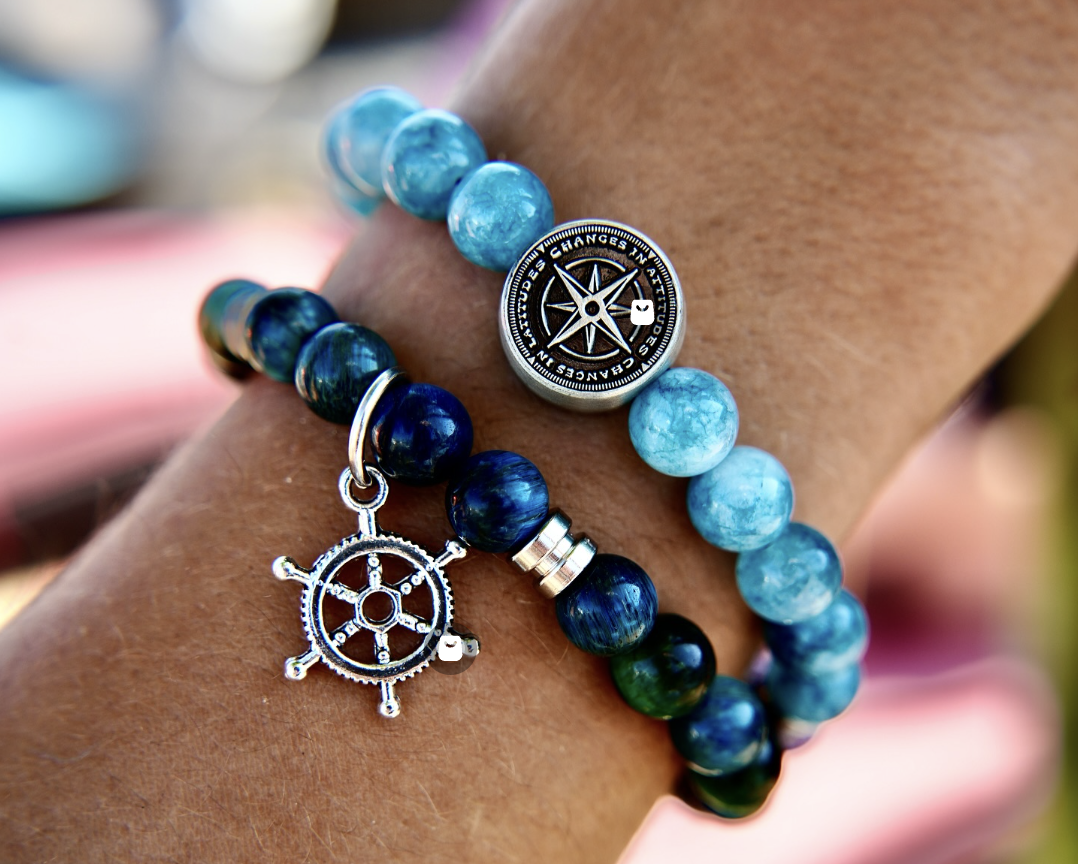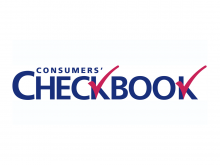
Google: Year in Search
See how people reimagined their worlds in 2025
April 2014: A federal judge dismissed the lawsuit without prejudice, meaning the plaintiffs can re-file at a later date. The reasons for the dismissal have not yet been disclosed. However, the named plaintiff from this lawsuit appears to have joined another similar lawsuit against Cargill. Click here to learn more about that case.
September 2013: Another class-action lawsuit was filed against Cargill, Inc. for allegedly misleading consumers in its marketing for Truvía® Natural Sweetener. Specifically, consumers claim that Cargill, Inc. represents that the product is a natural sweetener when it actually contains synthetic ingredients and is chemically processed. (Pasarell et al. v. Cargill, Inc., Case No.13-cv-23433, S. D. FL.).
For more information about other class-action lawsuits regarding Truvía sweeteners and TINA.org’s coverage of the product, click here.
For more information about other class-action lawsuits filed against Cargill and TINA.org’s coverage of the company, click here.
See how people reimagined their worlds in 2025
This jewelry company may string you along.
Consumer complaints worth remembering.
Herb Weisbaum, Consumers’ Checkbook
TINA.org pulls back the covers on this company’s Made in USA marketing.



